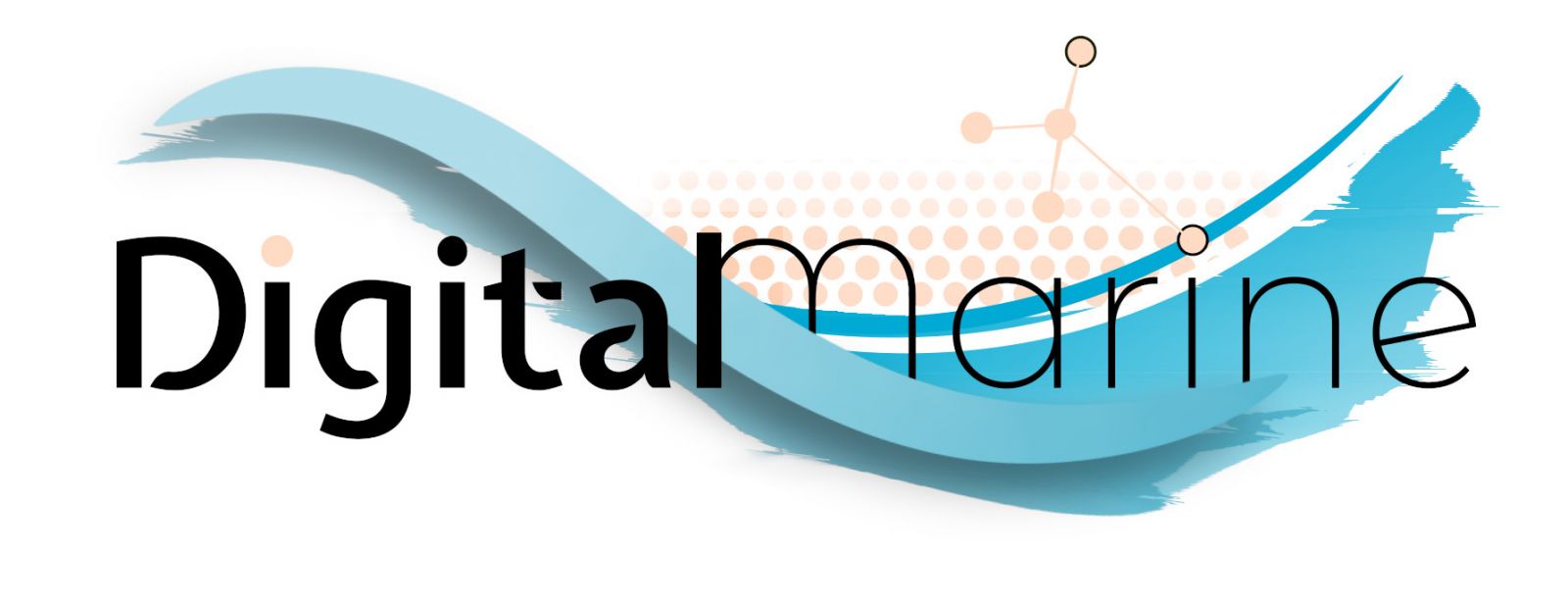StudiesPublished on 29.01.2019
Erasmus + Digital Marine Project
Researchers at the Department of Biology of University of Fribourg are part of the DIGITALMARINE educational project, which has officially started and initiated last week at Sorbonne University in Paris. The project DIGITALMARINE is a strategic partnership of the Erasmus+ program gathering 6 Universities, developing an online platform dedicated to the use of marine organisms in life science.
This platform is associated with an existing 2-week course, which is already offered by Prof. Simon Sprecher to Masters students in Biology. This course is taking places at marine stations involving students in practical work but also in conceptual questioning about research performed on marine organisms. Fundamental knowledge having been studied before thanks to the platform, time can be released for interactions with researchers and for exercises. About experts in diverse areas of marine biology are collaborating in this partnership, a broad range of organisms is be presented: acoels, annelids, brown algae, cephalochordates, cnidarians, crustaceans, echinoderms, placozoans, poriferans, sharks, urochordates.
Innovative and interdisciplinary teaching method
The major goal of the network is the development of the platform, which will contain different supports (filmed conferences, commented power point, cartoons and video animations) adapted to self-learning process for master students in order to promote innovative teaching method such as flipped class-room. This international research training will constitute of a hybrid teaching combining self-learning and practical lab work in which students from partner universities will participate. In addition, the course won't be limited to one specific field of biology but will explore different disciplines: evolution, life cycle, tissue regeneration, neurobiology, cell biology, cellular morphology and marine biotechnology. Master students will account for the prevailing target users of our on-line resource, but it might also be used in lifelong training: scientific workers coming from the academic world or from industry might be willing to use the platform.

